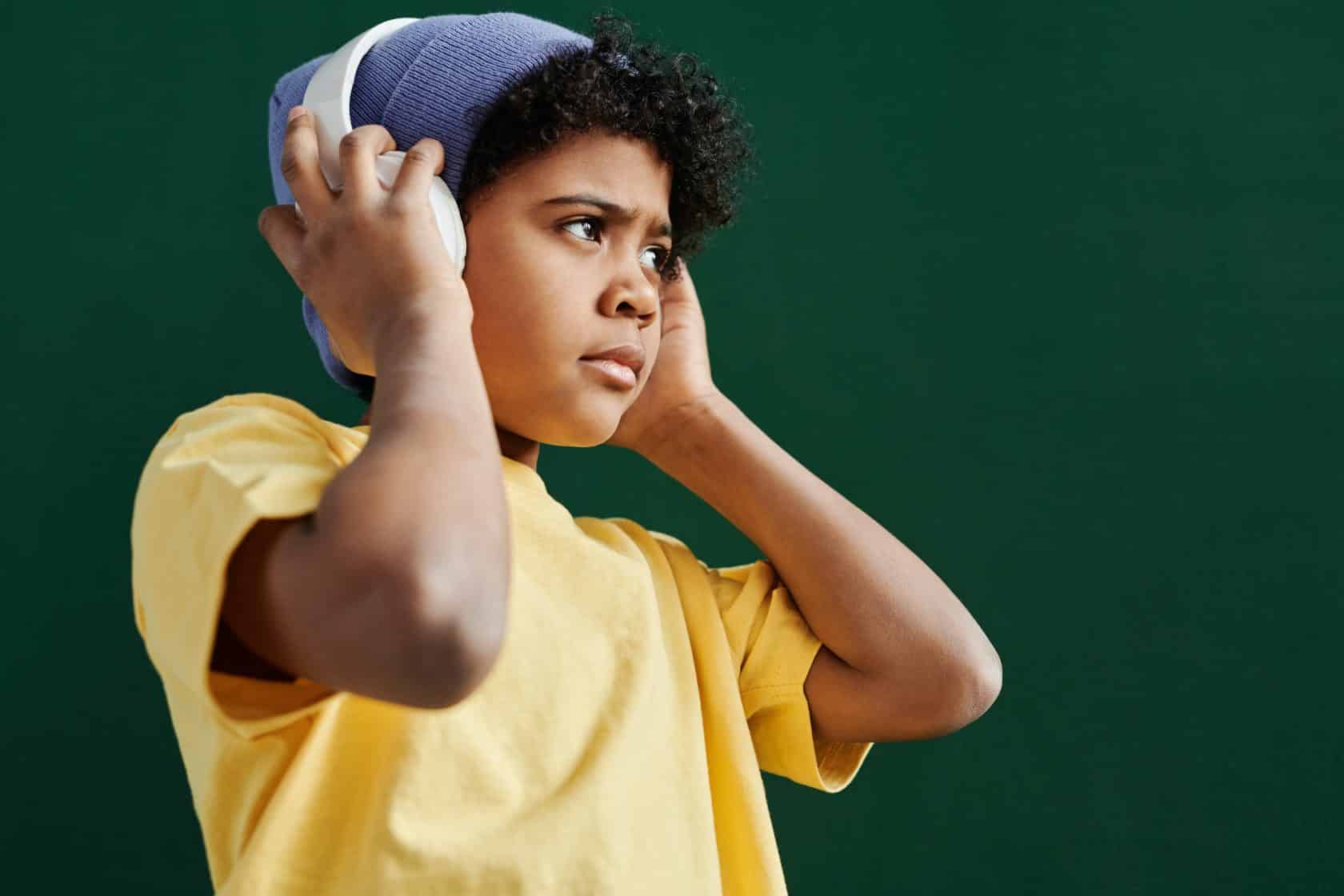Argentina is a South American country, and autism is a neurological disorder that affects how people interact, behave, and process information. People with autism might repeat the same actions repeatedly or have trouble talking to others. In Argentina, some groups help people with autism and their families. They teach people about autism and provide support so everyone can understand and be included. Researchers in Argentina also study autism to find ways to help people with autism live happy and fulfilling lives.















